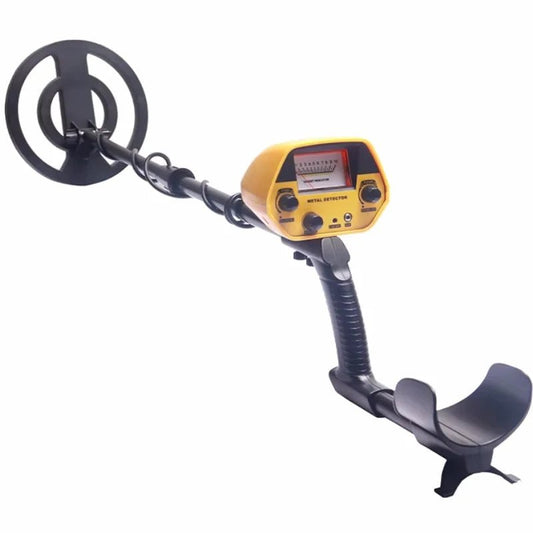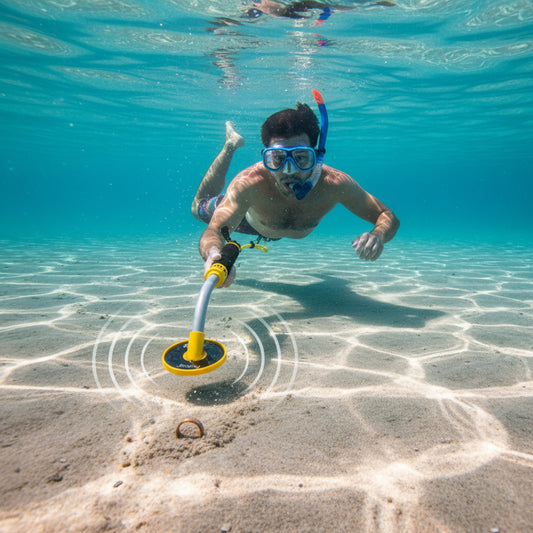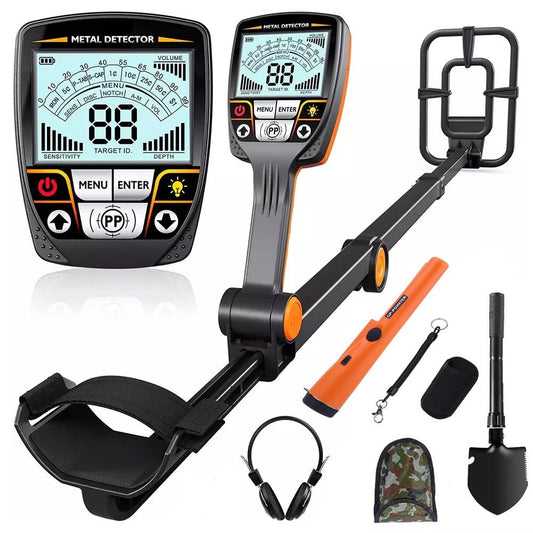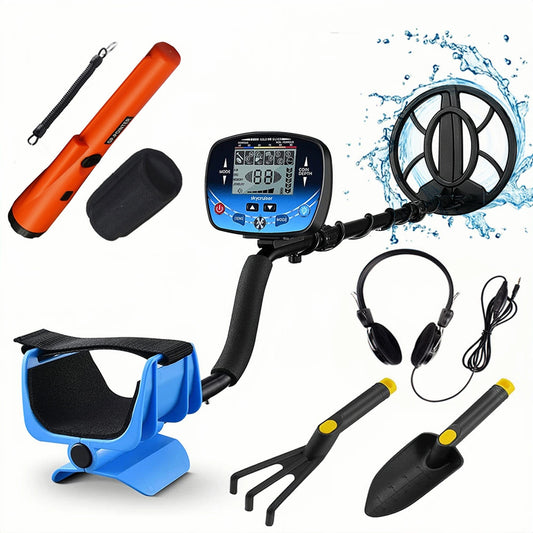
Metal Detecting in the Caribbean: Best Islands and Legal Tips
Share
The Caribbean is a paradise for metal detecting enthusiasts. With its turquoise waters, legendary pirate history, and a steady stream of tourists, the region’s islands offer some of the world’s best opportunities for beach and shallow water treasure hunting.
However, laws and customs can vary from island to island, so it’s essential to know where you can hunt freely and where you need to exercise caution.
This guide covers the best Caribbean islands for metal detecting, legal tips, and practical advice for a safe and successful hunt.
Is Metal Detecting Legal in the Caribbean?
The good news for treasure hunters is that most Caribbean islands allow metal detecting on beaches and private land (with permission).

There are very few restrictions in many popular destinations, making the region one of the most detector-friendly in the world. However, there are exceptions—some islands have strict rules, especially regarding archaeological sites or protected zones.
Key legal points for metal detecting in the Caribbean:
-
Beaches: Metal detecting is generally permitted on public beaches across the Caribbean, including tourist hotspots and resort areas.
-
Private Property: Always obtain explicit permission before detecting on private land or hotel property.
-
Protected Areas: Avoid national parks, wildlife reserves, and marked archaeological sites, which are off-limits.
-
Historic Finds: Removing artifacts or searching for archaeological objects is illegal everywhere and can result in fines or prosecution.
-
Cuba Exception: Metal detecting is strictly forbidden in Cuba, and even possession of a detector can be treated as a criminal offense.
Best Caribbean Islands for Metal Detecting

1. Dominican Republic
One of the most detector-friendly islands, the Dominican Republic allows metal detecting on beaches and encourages the hobby. Punta Cana, Bavaro, and Sosua Beach are top spots for jewelry and coin finds.
2. Turks & Caicos
Turks & Caicos is considered metal detecting heaven. Grace Bay Beach attracts millions of tourists and is a favorite for lost jewelry and coins. A simple permit from local authorities is recommended for peace of mind.
3. Bahamas
With its pirate history and countless shipwrecks, the Bahamas is a treasure hunter’s dream. Morgan’s Bluff (Andros Island), Cat Island, and Treasure Reef are legendary spots, but almost any busy beach is worth a search.
4. Puerto Rico
Metal detecting is allowed on public beaches. San Juan’s beaches and resort areas are popular for modern finds, but avoid historic Old San Juan and protected sites.
5. St. Maarten / St. Martin
Both the Dutch and French sides are open to metal detecting on beaches. Orient Bay and Maho Beach are popular with detectorists.
6. Jamaica
Jamaica’s beaches are open to metal detecting, with Montego Bay and Ocho Rios being top choices. Always ask permission at private resorts.
7. Aruba, Bonaire, and Curacao (ABC Islands)
These Dutch Caribbean islands are friendly to metal detecting. Eagle Beach (Aruba) and Sorobon Beach (Bonaire) are great for jewelry and coins.
8. Barbados
Metal detecting is allowed on public beaches. Carlisle Bay and Accra Beach are favorites among local and visiting detectorists.
9. St. Thomas & St. Croix (U.S. Virgin Islands)
Metal detecting is allowed on public beaches, but always avoid protected parks and historic sites.
Legal and Ethical Tips for Detecting in the Caribbean

-
Always Fill Your Holes: Leave the beach as you found it.
-
Respect Local Laws: Check with local authorities or hotel management about any specific restrictions.
-
Avoid Protected Sites: Never detect in national parks, wildlife reserves, or marked archaeological areas.
-
Report Valuable Finds: If you find something of obvious historical value, report it to local authorities.
-
Be Discreet: While metal detecting is widely accepted, be courteous to other beachgoers and avoid crowded areas.
What Can You Find?

Caribbean beaches are rich in modern jewelry, coins, watches, sunglasses, and even rare tokens or trinkets lost by tourists.
In areas with pirate history or shipwrecks, there’s always a slim chance of finding old Spanish coins or relics—but remember, removing historical artifacts is illegal.
Safety and Practical Advice
-
Detect Early or Late: Sunrise or sunset is best for cooler temperatures and fewer crowds.
-
Stay Hydrated: Caribbean sun is intense—bring water, sunscreen, and a hat.
-
Travel Light: Only bring essentials and keep valuables secure.
-
Buddy System: Detect with a friend, especially on remote beaches.
-
Watch the Weather: Sudden storms are common; always check the forecast.
Islands with Restrictions or Bans
-
Cuba: Strictly forbidden. Do not bring a metal detector into the country.
-
Some Resorts: Always ask permission before detecting on resort property.
-
Protected Sites: Avoid any area marked as a national park, historical site, or archaeological zone.
Conclusion
Metal detecting in the Caribbean is a rewarding and accessible hobby thanks to open laws on most islands and a steady stream of new finds. Focus on busy public beaches, always respect local rules, and hunt responsibly. With a little luck and preparation, you could uncover everything from modern jewelry to a piece of the region’s legendary pirate past.




